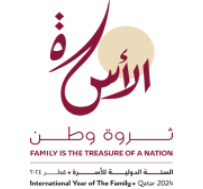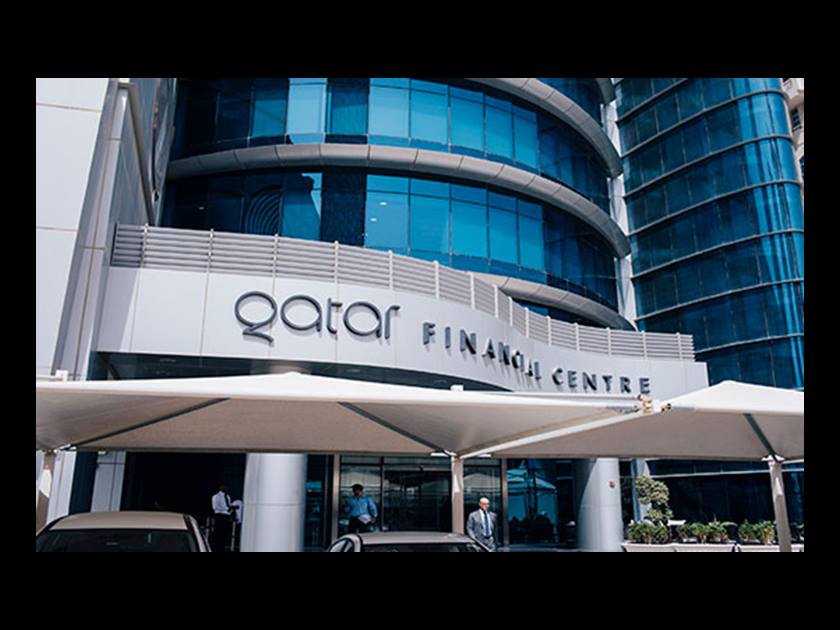Doha, September 04 (QNA) -The latest PMI survey of Qatar non-energy private sector economy saw overall business conditions rebound in August from July's temporary loss of momentum. Indicators for output, new work, employment and purchasing all picked up, while the 12-month outlook for total business activity remained strongly positive. The latest survey data also signalled softer cost pressures, allowing firms to engage in price discounting once more following July's pause. The headline figure is the Purchasing Managers' Index (PMI). The PMI is a weighted average of five indices for new orders (30 percent weight), output (25 percent), employment (20 percent), suppliers' delivery times (15 percent, with the index inverted) and stocks of purchases (10 percent), and is designed to provide a timely single-figure snapshot of the health of the economy every month. The Qatar PMI rose from July's low of 45.2 to 46.4 in August, the first month-on-month gain in five months.
The improvement reflected stronger contributions from four of its five components. New orders has the greatest weight in the PMI calculation and provided the biggest boost, increasing the headline figure by 0.6 index points. The other positive contributions came from output (+0.5), stocks of purchases (+0.3) and employment (+0.2) respectively, while suppliers' delivery times limited the overall gain in the PMI (-0.4). HE Executive Director, Business Development at QFC Authority Sheikha Alanoud bint Hamad Al-Thani said: "Qatar's non-energy private sector showed signs of renewed momentum in August, with the headline PMI rising for the first time since March. Survey indicators for output, new business and employment all improved, and the 12-month outlook for total activity remains strongly positive "The release of September PMI data will offer more clues as to whether the third quarter represents a turning point for the economy following a broad slowdown at the end of last year, although global headwinds - especially US-China trade tensions - clearly remain a downside risk," she added. Private sector non-energy companies in Qatar continued to report strong optimism regarding the 12-month horizon for business activity volumes. Almost two-thirds (64 percent) of the survey panel expect growth at their units by August 2020, linked to new customers, new projects and reinvigorated marketing strategies. The Future Activity Index eased slightly to a three-month low but remained well above its long-run average of 73.0, posting 79.2. To enable comparisons with official quarterly gross domestic product (GDP), monthly headline PMI figures can be aggregated to a quarterly average. Since the survey began in April 2017 the quarterly PMI has a correlation of 0.90 with the year-on-year percentage change in GDP in real terms, over a comparison period of eight quarters up to the first quarter of 2019. While the PMI accurately signaled the slowdown in annual growth of GDP in the final quarter of 2018 to 0.3 percent, its subsequent pick-up in the first quarter of 2019 to 0.9 percent foreshadowed a recovery in GDP growth. Over the second quarter the PMI is consistent with a pause in GDP expansion, on a year-on-year basis.
Despite the most recent quarter's mixed PMI performance, August's reading suggests a potential recovery is in process. The Qatar PMI indices are compiled from survey responses from a panel of around 400 private sector companies. The panel covers the manufacturing, construction, wholesale, retail and services sectors, and reflects the structure of the non-energy economy according to official national accounts data. The headline figure is the Purchasing Managers' Index (PMI). The PMI is a weighted average of the following five indices: New Orders (30 percent), Output (25 percent), Employment (20 percent), Suppliers' Delivery Times (15 percent) and Stocks of Purchases (10 percent). For the PMI calculation the Suppliers' Delivery Times Index is inverted so that it moves in a comparable direction to the other indices. (QNA)


